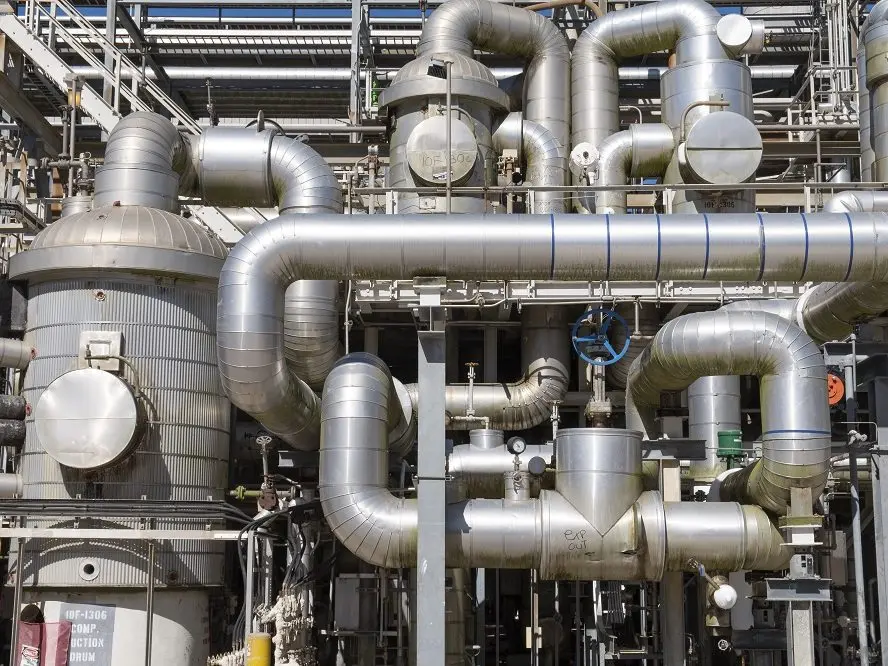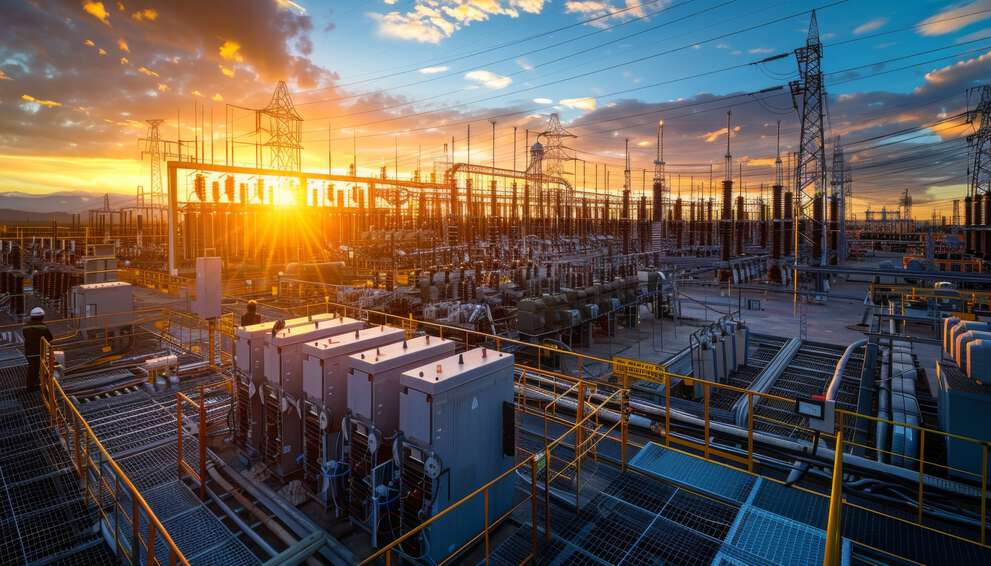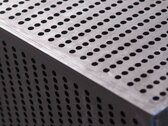Understanding the Essentials of Bare Tube Coils
When embarking on the selection of crucial components for heat transfer systems, a comprehensive understanding of bare tube coils is fundamental. These components are not just parts; they are the heart of numerous heating, cooling, and processing operations worldwide. The choice of bare tube coils can significantly influence your system's overall efficiency, its operational lifespan, and its reliability under demanding conditions. This guide aims to equip you with the knowledge to navigate the selection process, ensuring you find the best tube coils tailored to your specific industrial requirements and achieve optimal performance.
How to Evaluate Durability and Longevity in Tube Coils
To ensure you select long-lasting tube coils, begin by examining the materials of construction. Premium-grade metals such as C12200 copper, known for its superior thermal conductivity, or robust 3003/6061 aluminum for lightweight strength, are excellent indicators of quality. For environments prone to aggressive substances, consider options featuring Stainless Steel 316L. Furthermore, inquire about anti-corrosion coatings; these are vital for corrosion-resistant coils, especially in harsh settings like marine applications or chemical processing plants. Coils engineered for longevity can offer over a decade of reliable service, a testament to their robust design and material quality, making them a worthwhile investment for any critical system.
Identifying Key Features for Reliable, High-Performance Operation
When assessing options, prioritize features that contribute to unwavering reliability. Look for coils with precision-welded joints, a critical aspect for leak-proof performance, especially in high-pressure steam systems or FDA-regulated refrigeration. Rigorous pressure testing by the manufacturer is a good sign of this focus on reliability. Another key consideration for selecting durable bare tube coils is a low-maintenance design. A smooth tube surface, for instance, helps resist scaling and debris buildup. This translates directly into less downtime for cleaning and lower overall maintenance costs, ensuring your high-performance tube coils continue to operate efficiently with minimal intervention.
Maximizing Thermal Efficiency: A Guide to Heat Exchanger Coils
Achieving optimal energy efficiency is a primary goal in many industrial processes, and the right tube coils for heat transfer play a pivotal role. Look for designs that maximize heat transfer capabilities while simultaneously minimizing pressure drop across the coil. This balance is crucial for reducing energy consumption, whether the application involves heating, cooling, or complex processing. Well-designed heat exchanger coils contribute directly to lower operational costs and a smaller environmental footprint. Inquire about the thermal performance data and how the coil's design, including finning (if applicable, though we are focusing on bare tubes, the principle of surface area applies) and tube arrangement, contributes to its efficiency.
Choosing the Right Industrial Bare Tube Coils for Your Application
Different industries present unique challenges, so selecting industrial bare tube coils suited to the specific operational environment is crucial. For marine and offshore applications, prioritize coils with exceptional resistance to saltwater corrosion. In chemical processing, the coils must handle acids, solvents, and other aggressive fluids; here, stainless steel tube coils or those with specialized chemical-resistant materials and coatings are often the best choice. Power plants demand coils that can withstand high-pressure steam and condensate systems. For the food and beverage industry, look for coils made from FDA-compliant materials ensuring hygienic and safe operations. Understanding these specific needs will guide you to make an informed decision.
A Guide to Customizing Bare Tube Coils for Specific Requirements
Standard, off-the-shelf coils may not always provide the optimal solution. To find the best tube coils for unique applications, explore customization options. Manufacturers often offer a range of tube diameters, typically from 3/8 inch to 2 inches, allowing for precise flow rate and heat transfer management. Precision CNC-formed bend radii are another important customization, ensuring the coil fits perfectly within your equipment and space constraints. Additionally, inquire about various coating options like epoxy, PTFE, or passivation. These protective layers can significantly enhance resistance to specific corrosive agents or prevent product contamination, further tailoring the coil to its intended use and extending its service life.
Making an Informed Decision: Why Partnering with a Quality Supplier Matters
Finally, the quality of the supplier is as important as the coil itself. Seek manufacturers who can provide third-party certifications, such as ISO 9001, and corrosion resistance reports for transparency and assurance of quality. The ability to offer rapid prototyping, perhaps delivering custom samples within a week, indicates a supplier's commitment to innovation and customer service, which is invaluable for fast-paced projects. Furthermore, a supplier with a robust global supply chain, including warehouses in key regions like the USA, EU, and Asia, can ensure streamlined delivery and support. These factors contribute to a successful partnership and the acquisition of high-performance, reliable bare tube coils that form the foundation of your operational success.






